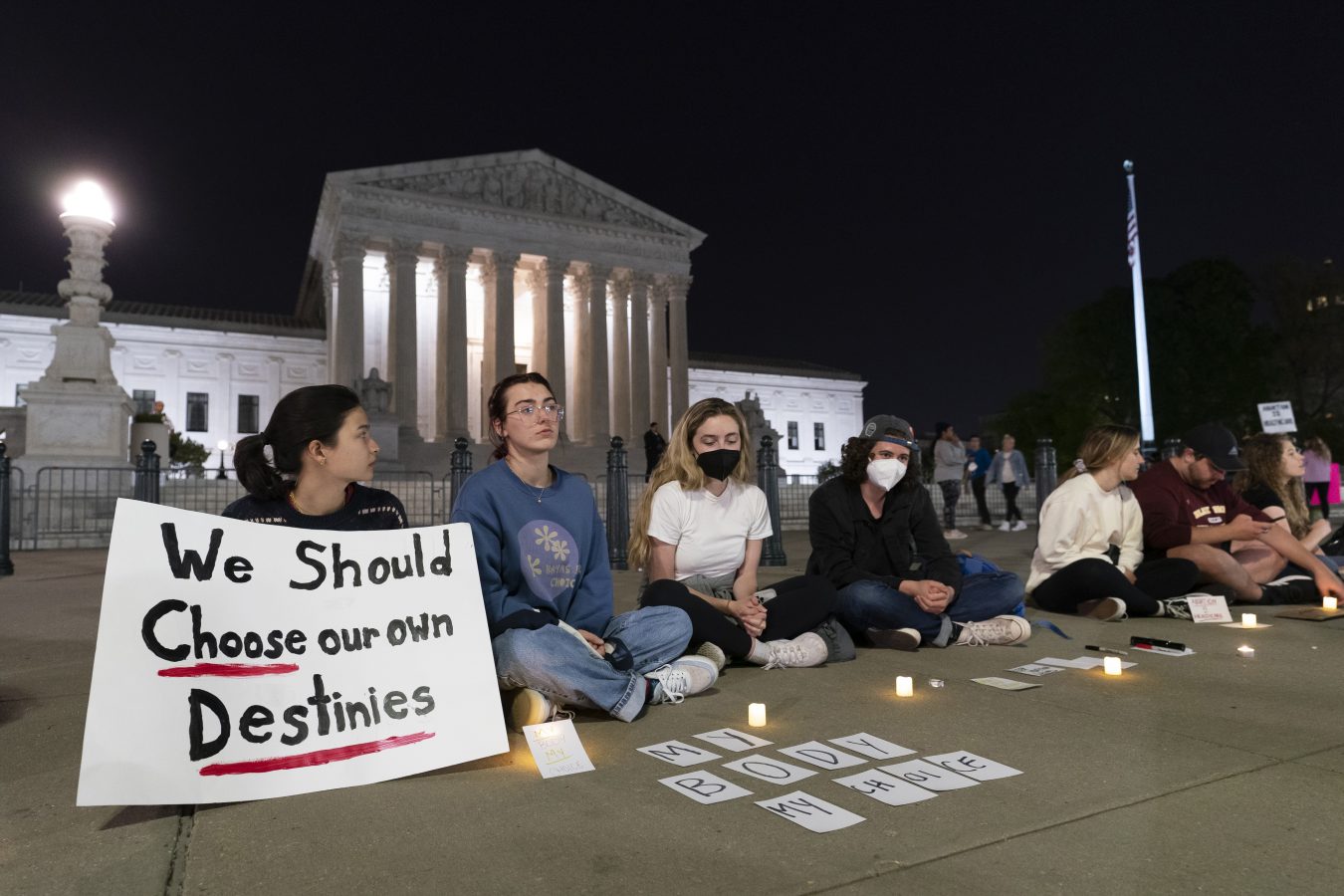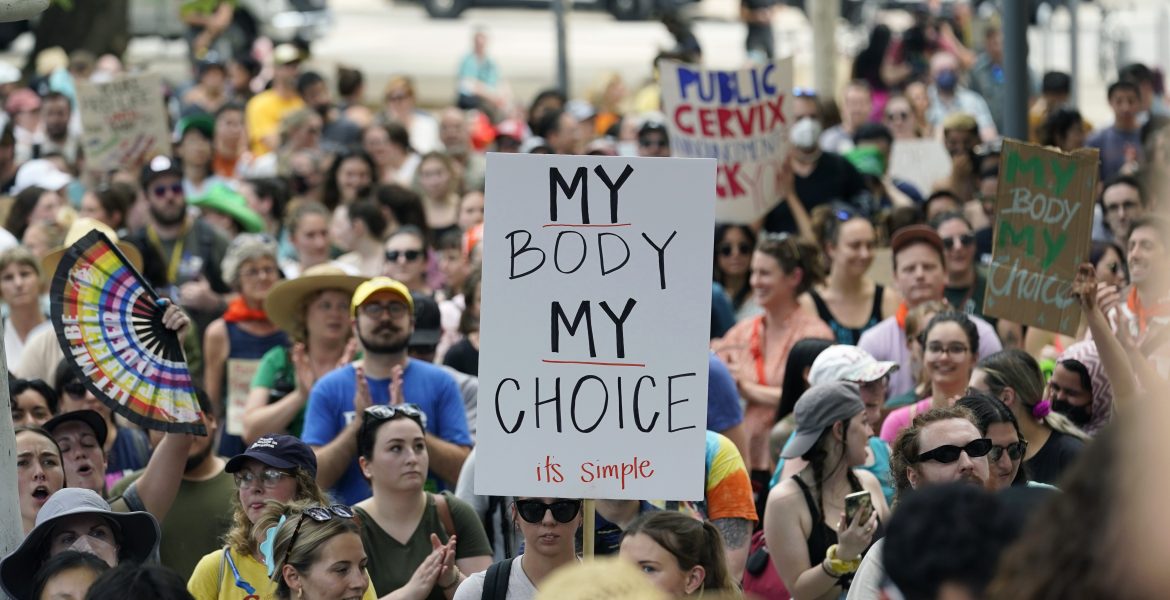A Supreme Court decision draft was leaked May 2, outlining the court’s plans to overturn Roe v. Wade landmark case.
Politico obtained record of the drafted opinion, which sent the internet into a frenzy as both anti-abortion and abortion-rights activists processed the news.
As more states across the country adopt bills restricting abortion, the highest court has leaned towards dictating female bodily autonomy is not a right, but rather a luxury — one people will soon be restricted from accessing.
Roe v. Wade was enacted January 1973 with 7-3 of the Supreme Court judges voting for the “constitutional right to abortion,” The Washington Post reported.
It is hard to believe the Supreme Court could overturn such an important ruling in 2022, though it sure feels as if the country is backtracking to the 1900s.
The original ruling declared “a woman has an absolute right during the first three months of pregnancy to decide whether to bear her child,” though the opinion draft called abortion a “moral issue.”
Calling abortion a “moral issue” is an interesting choice of words. It appears as if there is only concern over children when it pertains to abortion but not when there are children being separated from their families at the border or when there is an overflow of children in foster care. Does that not seem like a “moral issue?”

Instead of policing reproductive systems, why not fund foster care? Or help immigrant children reconnect with their parents?
Issues related to children are only labeled a “moral issue” when it involves violating reproductive rights, but not when it affects an actual living human being.
Experts have said that outlawing abortion doesn’t reduce the number of abortions, only the amount of safe abortions practiced. It’s inevitable that women will seek out dangerous methods to have an abortion once there is no safe option.
If Roe v. Wade is overturned, it would primarily affect low-income people of color. A reason these people may need an abortion is because they cannot afford to support a child. Supporting another person stops them from escaping poverty. If they were to follow through with their pregnancy, there is a high chance the child would have a low-quality life and have economic struggles.
Again, if the concern is a “moral issue,” why are government officials allowing children to live in poverty?
It is a shame to see our highest court and government officials heavily focus on infringing and overturning reproductive rights when there are many other issues our country needs to improve, especially when there is a high number of living children who are in desperate need of help.
It also brings up concerns of privacy and restricting personal decisions. While there are many reasons why a person may need or want an abortion, none of that is of anyone else’s concern.
The U.S. implemented freedom of religion under the first amendment. In addition, overturning the landmark case would violate practices of religions that endorse abortions, such as Judaism.
Women should have the right to terminate a pregnancy. Anyone with a reproductive system should have the right to terminate their pregnancy.
Nothing has yet been finalized as this is only a drafted opinion. In the meantime, people still have access to safe abortions, though that could change.
Politico estimated the Supreme Court will make a decision in the next two months.



